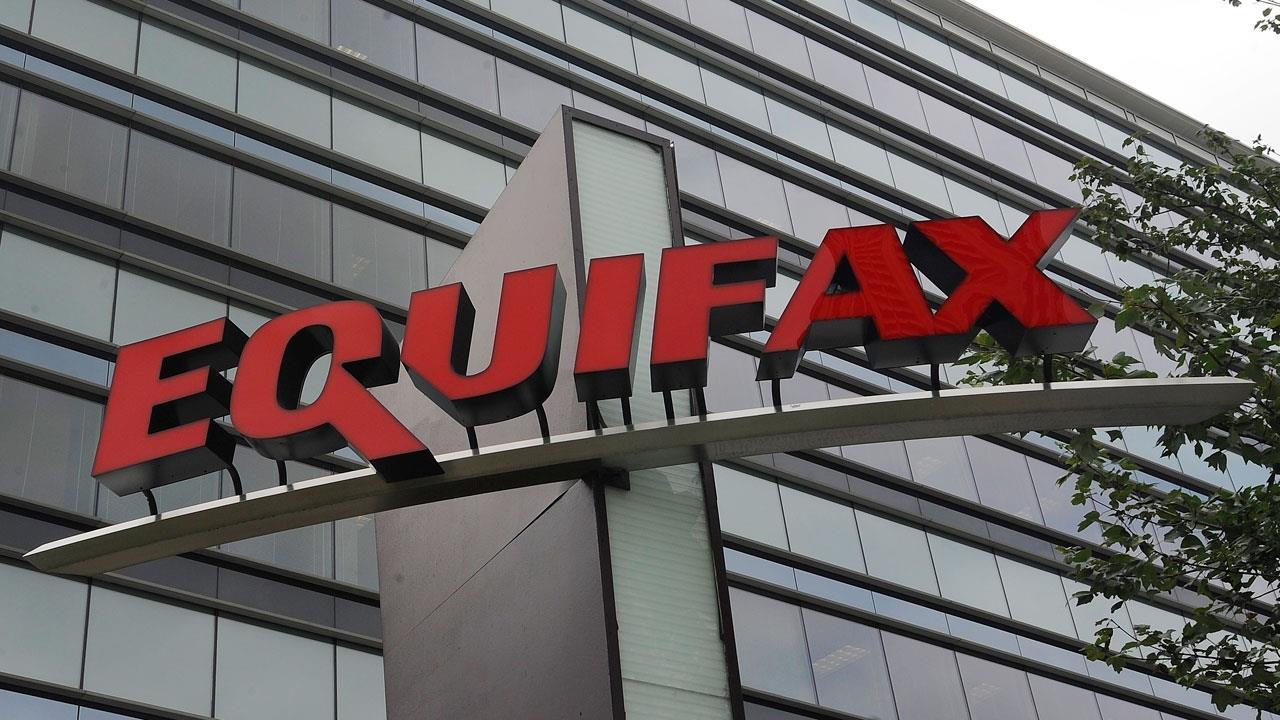Equifax data breach: How consumers have responded one year later
On Sept. 7, 2017, credit-reporting agency Equifax dropped a bombshell, disclosing that 143 million Americans had their personal information compromised when an unauthorized third party gained access to one of its databases.
The company later revealed that the number of victims actually exceeded 147 million. While this isn’t the largest hack in history, it is considered one of the most damaging, because it affected individuals’ personal information – including birth dates and Social Security numbers – vulnerable to fraud and identity theft for potentially the remainder of their lives.
According to a new study from CompareCards.com, 40% of Americans reported having fraudulent activity on their bank accounts over the past year and nearly one-quarter of respondents said they had been notified that their personal information had been exposed on the “dark web.”
While some industry experts criticize Congress for not doing enough to make sure Americans are never put in a similar situation – with the exception of passing legislation that will allow for free, unlimited credit freezes– consumers appear to have taken identity protection and data privacy into their own hands.
The study also notes that 91 percent of Americans with a credit or debit card said they had taken at least one step to detect, prevent or protect themselves from identity theft within the past year. The average survey respondent had taken three actions to secure their personal data during the same timeframe.
Sixty-five percent of people reported that they began looking at their bank statements more often, which was the most common action individuals took. Meanwhile, slightly more than half of respondents looked up their credit score, while 50 percent set up alerts to be notified when charges appear on their credit cards. Thirty-seven percent said they had reviewed their credit report.
Overall more than 80 percent of individuals reported being more diligent about looking for signs of identity theft when compared with one year ago. Parents with young children and those with household incomes in excess of $100,000 were most likely to be diligent, the study specified.
Unbeknownst to consumers at the time, the Equifax hack took place during mid-May through July of last year. After disclosing the breach months later, former CEO Richard Smith stepped down that September, and was later summoned to Capitol Hill to provide some explanation.
Adding confusion to the breach, several senior level insiders, including the company’s chief information officer, sold stock following the discovery of the hack, but before it became public knowledge.
So far, one former executive has been charged with insider trading, along with a former manager.
Shares of Equifax, which initially plunged after the breach was announced, are down nearly 5% over the past 12-months.




















